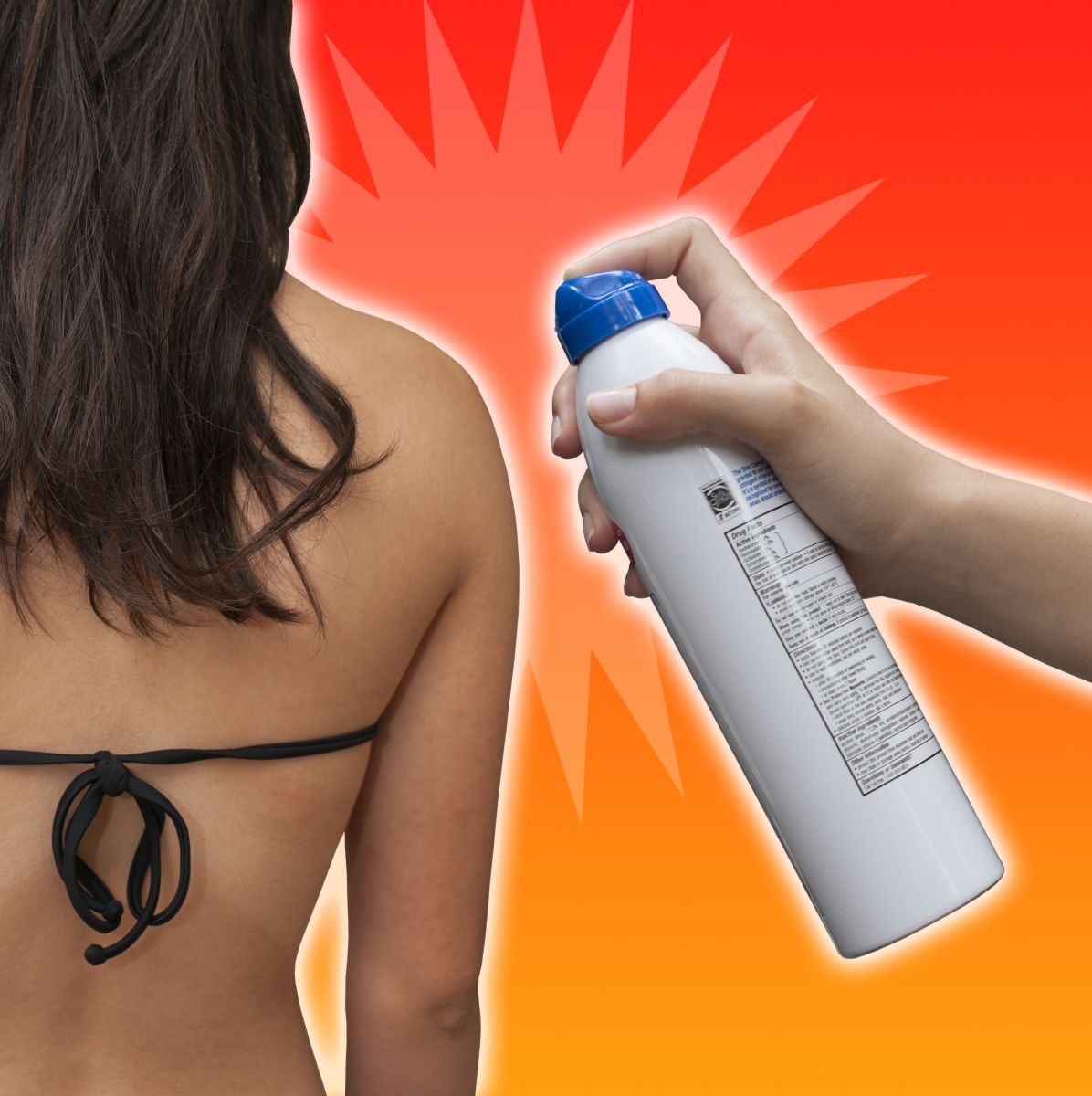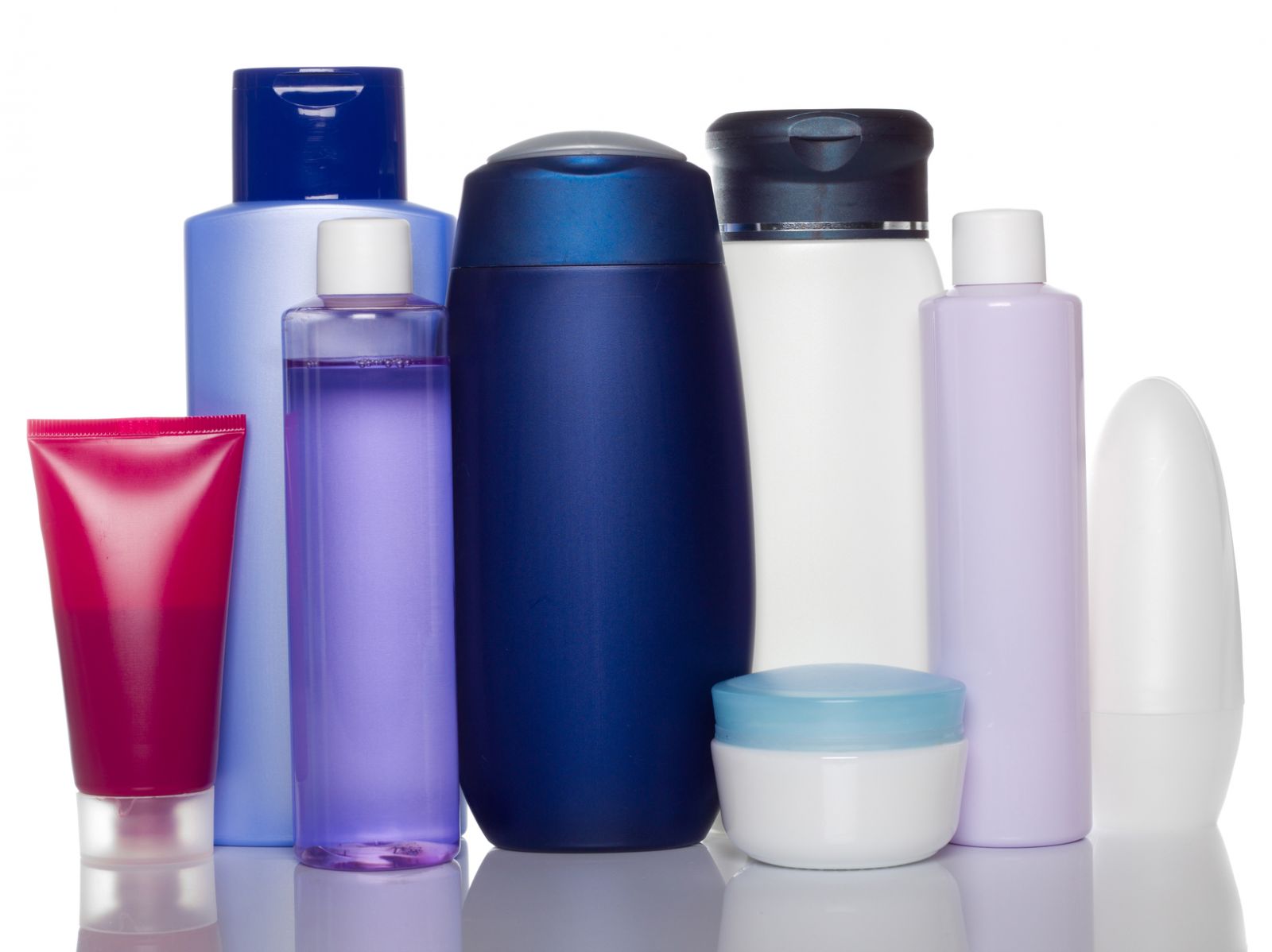Welcome to the DermacenterMD Blog
Posts for: August, 2016
.jpg) There are a number of reasons why brown spots or age spots can appear on our skin. Many times they are evidence of aging, sun-damage or an active lifestyle. Just because they appear on your skin does not mean you have to live with them. Here at DermacenterMD, we offer an innovative and effective treatment called BBL PhotoRejuvenation. This can help to reduce signs of aging and reduce the appearance of brown spots and age spots.
There are a number of reasons why brown spots or age spots can appear on our skin. Many times they are evidence of aging, sun-damage or an active lifestyle. Just because they appear on your skin does not mean you have to live with them. Here at DermacenterMD, we offer an innovative and effective treatment called BBL PhotoRejuvenation. This can help to reduce signs of aging and reduce the appearance of brown spots and age spots.
The BBL broadband light will be administered to your skin using a hand piece and a flash of laser light will gently heat up the under layers of your skin. You may briefly feel a rubber band snap or warm sensation as the light is absorbed by your skin. The heat absorbed by the targeted areas will stimulate your skin cells to generate new collagen. This will help to restore your skin’s natural beauty, blending its natural color and making it smoother, vibrant and younger. It can also eliminate those pesky brown spots and age spots by targeting the unwanted melanin responsible for pigmented lesions. BBL can improve the overall appearance of your skin.
This procedure is non-invasive with minimal discomfort and virtually no down-time. Recovery time depends on the depth of the treatment. There are several different depths that can be utilized depending on your particular needs. The deeper the treatment, the longer it can take to heal. Redness may be present for several hours after the procedure and some pigmented lesions may darken and then fade and flake off leaving your skin smoother, fine wrinkles will be less noticeable, and sun spots or uneven pigmentation will fade. You may need 2 to 5 treatments at 2-4 week intervals to get your desired results. Any area of the body can be treated, but the most popular areas are the face, neck, back of the hands, chest and shoulders.
If you or someone you know is interested in improving their complexion and rejuvenating their skin, call our office today at 574-522-0265 to schedule your consultation with Dr. Moore and his team today.
 You may be surprised by the answer to this question-
You may be surprised by the answer to this question-
If you suffer from mild to severe rosacea there are certain lifestyle changes that can be implemented to help decrease flare ups and keep symptoms to a minimum. These aggravating factors may or may not affect your flare ups, but if you find that they do, it may be a good idea to avoid or reduce these activities in the future.
- Sun exposure-
It is important to protect your skin from the sun using daily sunscreen and wearing a hat to shield your skin. Even a small amount of sun exposure can cause rosacea to flare.
- Hot liquids-
Many people with rosacea report having flare ups when they ingest hot liquids such as coffee or teas. Try your coffee or tea iced for a period of time and see if your symptoms improve or subside.
- Spicy Foods-
Avoiding spicy foods may also improve symptoms of rosacea. Often times, the spike in body temperature induced by spicy foods is thought to cause flare ups.
- Emotional Upset-
Feelings of stress, anger or embarrassment are thought to make rosacea symptoms worse.
- Seasonal Changes-
Changes in the weather can also affect flare ups. According to a new National Rosacea Society (NRS) patient survey, nearly 90% of 852 survey respondents said their rosacea is affected by the change in seasons.
- Alcohol-
Having a glass of wine at the end of a stressful day sounds relaxing, but if you suffer from rosacea it may cause flushing to become worse. The reason for this is unknown, however, alcohol does not cause rosacea despite pervious popular belief.
- Temperature Extremes-
Extreme hot and cold can cause flare ups of rosacea to be more frequent. If you must be exposed to extreme temperatures, try to stay covered up or stay cool to keep your body temperature as regular as possible.
- Strenuous exercise-
Exercise has been reported to increase flare ups and cause flushing. Taking it easy can be beneficial to thwart symptoms.
- Hot baths or saunas-
Once again, avoiding extremes in temperatures such as hot showers or baths can help reduce flushing. Maintaining a regular body temperature can help reduce flare ups.
- Drugs that dilate blood vessels, including some blood pressure medications-
Rosacea affects the blood vessels of the face and any drug that dilates blood vessels can increase irritation and flushing.
Making simple lifestyle changes like avoiding certain aggravating factors, such as the ones listed above, can help to reduce your symptoms and flare ups. However, going in to see your doctor can be the best choice. Your dermatologist can evaluate your skin can determine the best course of action for treatment. Many prescription topicals can provide significant improvement.
Source: via http://www.webmd.com/skin-problems-and-treatments/news/20040218/link-between-rosacea-alcohol
 Sunscreen is a must. It is essential that you protect your skin from the harmful rays of the sun. Taking the proper precautions when it comes to the sun can decrease signs of aging and reduce your chances of getting skin cancer. Below you will find the answers to common questions that you should know make a point to know and understand. Knowing what sunscreen is and how it works can help you in your efforts to protect your skin and keep yourself and the ones you love healthy.
Sunscreen is a must. It is essential that you protect your skin from the harmful rays of the sun. Taking the proper precautions when it comes to the sun can decrease signs of aging and reduce your chances of getting skin cancer. Below you will find the answers to common questions that you should know make a point to know and understand. Knowing what sunscreen is and how it works can help you in your efforts to protect your skin and keep yourself and the ones you love healthy.
Below are several common sunscreen questions with answers taken from the Skin Cancer Foundation:
What Are Sunscreens?
Sunscreens are products combining several ingredients that help prevent the sun's ultraviolet (UV) radiation from reaching the skin. Two types of ultraviolet radiation, UVA and UVB, damage the skin and increase your risk of skin cancer. Sunscreens vary in their ability to protect against UVA and UVB.
What Are UVA and UVB?
Ultraviolet (UV) radiation is part of the electromagnetic (light) spectrum that reaches the earth from the sun. It has wavelengths shorter than visible light, making it invisible to the naked eye. Ultraviolet A (UVA) is the longer wave UV ray that causes lasting skin damage, skin aging, and can cause skin cancer. Ultraviolet B (UVB) is the shorter wave UV ray that causes sunburns, skin damage, and can cause skin cancer.
What Is SPF?
SPF – or Sun Protection Factor – is a measure of a sunscreen's ability to prevent UVB from damaging the skin. Here's how it works: If it takes 20 minutes for your unprotected skin to start turning red, using an SPF 15 sunscreen theoretically prevents reddening 15 times longer – about five hours. Most sunscreens with an SPF of 15 or higher do an excellent job of protecting against UVB.
What Does Broad-Spectrum Mean?
Broad-spectrum sunscreens protect the skin from both UVA and UVB rays. Beginning in December 2012, the U.S. Food and Drug Administration (FDA) began to implement new rules for "broad-spectrum" products.
So, next time you head outside to enjoy the outdoors, don't forget your sunscreen!!
Source:
http://www.skincancer.org/prevention/sun-protection/sunscreen
 In dermatology, acceptance and responsibility are two key components that we need. Why? Well, I will tell you why.
In dermatology, acceptance and responsibility are two key components that we need. Why? Well, I will tell you why.
The lack of protection from the sun is one of the underlying driving forces to precancers (actinic keratosis), wrinkles, pigmentation, and even skin cancer. Unfortunately, most every person does not apply the amount of sun protection that they should. It’s essential that we wear sunscreen and protect ourselves. Even a scientific study done on farmers in west Texas backs this up. When sunscreen was applied to one half of the face and not the other half during three months of summer, the side of the face with sunscreen applied every day has half as many precancer (actinic keratosis) growths as the other side of the face.
This simple study demonstrated the power of daily sunscreen for reducing precancer lesions. On top of this, we know that age spots, wrinkles, and skin cancer are caused by sun exposure.
So, to get our skin looking and feeling the best, we need to use sunscreen every day. This can be in the form of lotions, sunscreens themselves, and make up for women. In addition, choosing a sunscreen that has the proper ingredients is key. Finding sunscreen with Titanium Dioxide or Zinc Oxide is useful since these ingredients are physical blockers. This means that they bounce the sun off the skin. Another quality ingredient in sunscreen is Avobenzone or Parsol 1789. This is also an excellent ingredient which can be a powerful agent in preventing sun damage.
Use daily sunscreen with Titanium Dioxide, Zinc Oxide or Avobenzone (Parsol 1789) to reduce your risk of sun damage and skin cancer. The simple habit could pay big dividends!
 Hello My Friend,
Hello My Friend,
Have you ever heard the old saying ‘Practice makes perfect?’ Well, if you are anything like me, then you've likely heard it and used it in your life somewhere along the way.
The unfortunate thing about this philosophy is it can be dead wrong. Yes, you read that right. I am not agreeing with the practice makes perfect philosophy all together. This is because if a person is doing something just a bit incorrectly and they repeat it over and over, they are not on the road to achiving perfection. They are headed toward being efficient at doing something wrong.
The truth is PERFECT PRACTICE MAKES PERFECT. This is likely why there are so many golf pros in the world. There are very few perfect golf games being played, so the teachers and mentors are found all over trying to help players get that little bit of improvement. It is only when someone learns to practice perfectly that they able to perform at a high level. This philosophy extends beyond the golf course into the realms of work, other sports, cooking, social activities, and even relationships.
It is worth considering if we are doing things the right way in our life. That little bit extra we can put in to being the person who is willing to practice, and more importantly being willing to practice perfectly, might make a big difference in our future. Try this week to find something you can improve on and then practice. And remember the better we are at our practice, the better our results.
I wish you much success, peace, and happiness.
Enthusiastically,
Roger Moore, MD
Archive:
Tags
- dry skin (2)
- moisturizer (1)
- sensitive skin (3)
- PA (2)
- Skincare (2)
- skin cancer (29)
- cancer (6)
- facts (1)
- skin (19)
- dermatology (22)
- skin care (19)
- cosmetic (2)
- wrinkles (1)
- Botox (4)
- Dysport (3)
- sleep (1)
- look good (1)
- daily routine (1)
- healthy lifestyle (1)
- doctor (2)
- patient (1)
- sun protection (5)
- sunscreen (14)
- aging dermatology (1)
- providers (1)
- tanning (2)
- sun (6)
- UVA rays (2)
- UVB rays (2)
- melanoma (10)
- Acne (2)
- Treatment (2)
- sunscren (1)
- sun exposure (5)
- Melanoma Monday (2)
- Skin Cancer Awareness Month (1)
- education (2)
- skin cancer specialist (1)
- basal cell carcinoma (1)
- squamous cell carcinoma (1)
- ingredients (2)
- improve your smile (1)
- cosmetics (1)
- laser (1)
- fillers (2)
- sunburn (3)
- avoid the sun (1)
- hat (1)
- sun clothing (1)
- SPF (1)
- Rosacea (3)
- NP (1)
- Nurse Practitioner (1)
- mid-level provider (1)
- physician (1)
- dermatologist (6)
- cosmetic dermatology (4)
- anti-aging (2)
- youthful looks (1)
- Eczema (2)
- rash (2)
- itch (1)
- the rash that itches (1)
- reduce itch (1)
- itching (1)
- getting along with others (1)
- basal cell (2)
- squamous cell (2)
- detection (1)
- Mohs surgery (2)
- photoaging (1)
- Inspiring (1)
- word of the day (1)
- inspiration (3)
- uplifting (1)
- protection (4)
- lips (1)
- reduce wrinkles (1)
- look younger (1)
- encouragement (1)
- never give up (1)
- you can do it (1)
- medical school (1)
- dreams (1)
- brown spots (1)
- moles (2)
- liver spots (1)
- age spots (1)
- Abe Lincoln (1)
- life lessons (1)
- lip cancer (1)
- health (12)
- motivation (1)
- work (1)
- people (2)
- home life (1)
- lifestyle (1)
- ABCDEs of Melanoma (1)
- mole (1)
- skin check (2)
- skin facts (2)
- odd (1)
- fun (1)
- interesting (1)
- lung cancer (1)
- disease (1)
- Christmas (2)
- gifts (1)
- sun burn (1)
- winter skin tips (1)
- itchy skin (1)
- winter skin (1)
- myths (1)
- myth busted (1)
- skin protection (1)
- sunscreen safety (1)
- specialist (1)
- red skin (1)
- irritation (1)
- feel good (1)
- helping (1)
- help (1)
- helping others (1)
- treatment options (1)
- skin health (9)
- Vitamin D (2)
- tanning beds (1)
- skin health. dermatology (1)
- sunshine (1)
- awareness (1)
- prevention (1)
- sun damage (3)
- connections (1)
- working together (1)
- health care (1)
- biotin (1)
- medical (1)
- aging (1)
- elkhart (1)
- Roger Moore (1)
- check (1)
- skin type (1)
- skin cancer prevention (1)
- gift guide (1)
- Christmas gift guide (1)
- Dr. Roger Moore (1)
- holidays (1)
- family history (1)
